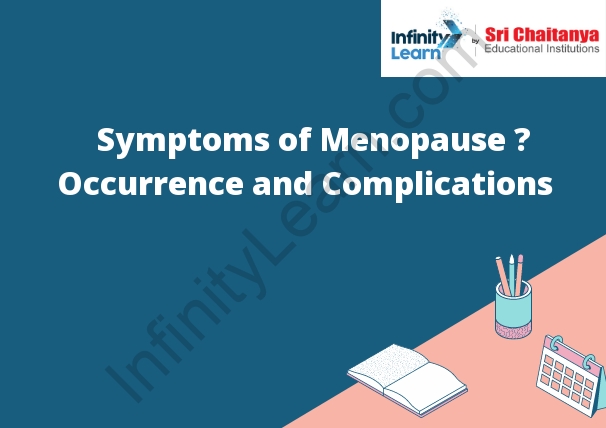Table of Contents
What is Menopause?
Menopause is a natural process that marks the end of a woman’s reproductive years. It is a time when the ovaries stop producing eggs and the body’s production of the hormone estrogen decreases. Symptoms of menopause can include hot flashes, night sweats, mood swings, and vaginal dryness.
The definition of menopause is “the time in a woman’s life when her menstrual periods stop permanently.” However, menopause is much more than that. It is a time of change, both physically and emotionally.
For many women, menopause brings relief from the symptoms of premenstrual syndrome (PMS) and menstrual cramps. It also ends the worry of becoming pregnant and the need for birth control. However, menopause also brings changes that can be difficult to cope with.
The most common symptoms of menopause are hot flashes, vaginal dryness, and difficulty sleeping. These symptoms can be quite bothersome, but they usually go away within a few years.
There is no one “right” way to approach menopause. Some women choose to take hormones to relieve their symptoms, while others do not. Some women enjoy the freedom that menopause brings, while others find it difficult to adjust to the changes.
Ultimately, menopause is a unique experience that is different for every woman. It is a time of transition, from young woman to older woman. For many women, it is a time of growth and self-discovery.

Why Does Menopause Occur?
There is no one answer to this question as the cause of menopause is not fully understood. However, it is generally accepted that it is a natural consequence of aging and the depletion of ovarian follicles. As a woman ages, her ovaries produce less estrogen and progesterone, which are the hormones responsible for regulating the menstrual cycle. When the ovaries no longer produce these hormones, the menstrual cycle stops and menopause occurs. Other factors that may contribute to menopause include smoking, obesity, and chronic stress.
What are Perimenopause and Postmenopause?
Perimenopause refers to the time leading up to menopause, when a woman’s body begins to produce less estrogen. Postmenopause refers to the time after menopause, when a woman’s body has stopped producing estrogen.
erimenopause and postmenopause are two different stages of a woman’s life. Perimenopause is the time leading up to menopause, and postmenopause is the time after menopause. Each stage has its own unique set of symptoms and challenges.
Perimenopause is the time when a woman’s body is making the transition from producing estrogen and progesterone to producing mostly estrogen. This transition can cause a range of symptoms, such as changes in menstrual periods, hot flashes, night sweats, and mood swings. The perimenopause years can last for anywhere from a few months to a few years.
Postmenopause is the time after a woman’s last menstrual period. This stage can last for the rest of a woman’s life. Postmenopause is usually a time when a woman’s body is no longer producing estrogen. This can cause a range of symptoms, such as changes in vaginal tissues, thinning hair, and a decreased sex drive.
Both perimenopause and postmenopause can be challenging times for a woman. It’s important to be aware of the symptoms of each stage and to seek help if needed. There are a number of treatments available for perimenopause and postmenopause symptoms, such as hormone therapy, medications, and lifestyle changes.
What are the Symptoms of Menopause?
The symptoms of menopause vary from woman to woman. Some women experience only a few mild symptoms, while others have more severe symptoms that can significantly affect their quality of life.Menopause is a natural process that all women go through, typically around the age of 50. It is the time in a woman’s life when her menstrual periods stop and she is no longer able to get pregnant. The symptoms of menopause can vary from woman to woman, but typically include hot flashes, night sweats, vaginal dryness, and mood swings. There is no one “correct” way to deal with the symptoms of menopause, but there are a number of things women can do to help make the process easier. Some of the most common treatments for menopause symptoms include lifestyle changes, such as exercise and healthy eating, hormone therapy, and medications.
The most common symptoms of menopause include:
• Hot flashes
• Night sweats
• Vaginal dryness
• Difficulty sleeping
• Mood swings
• Anxiety
• Depression
• Irritability
• Fatigue
• Difficulty concentrating
• Memory problems
• Changes in sexual desire or function
What are the Complications of Menopause?
The complications of menopause can include:
Hot flashes
Night sweats
Vaginal dryness
Urinary incontinence
Incontinence
Bone thinning (osteoporosis)
Heart disease
Depression
Sexual dysfunction







